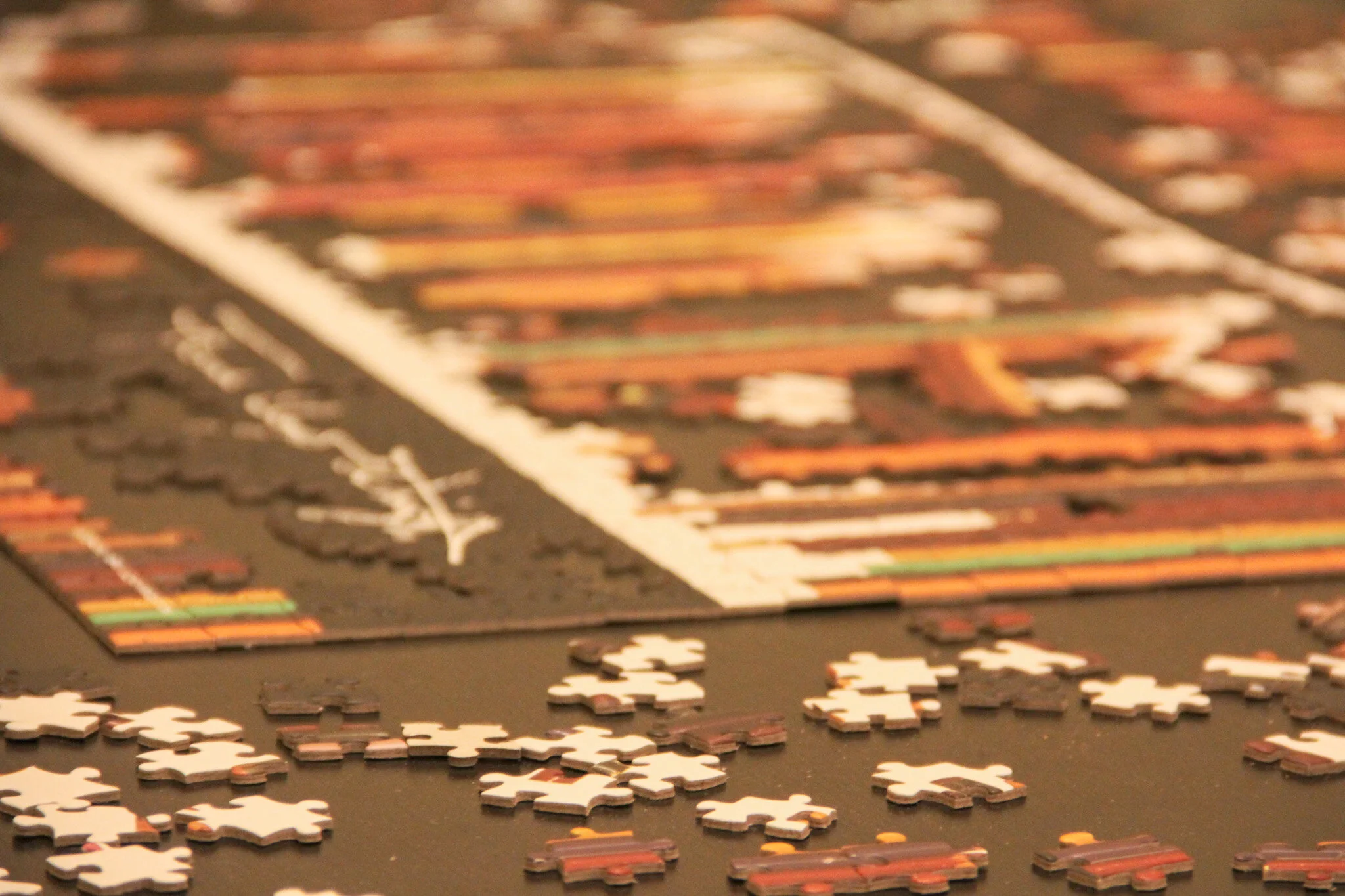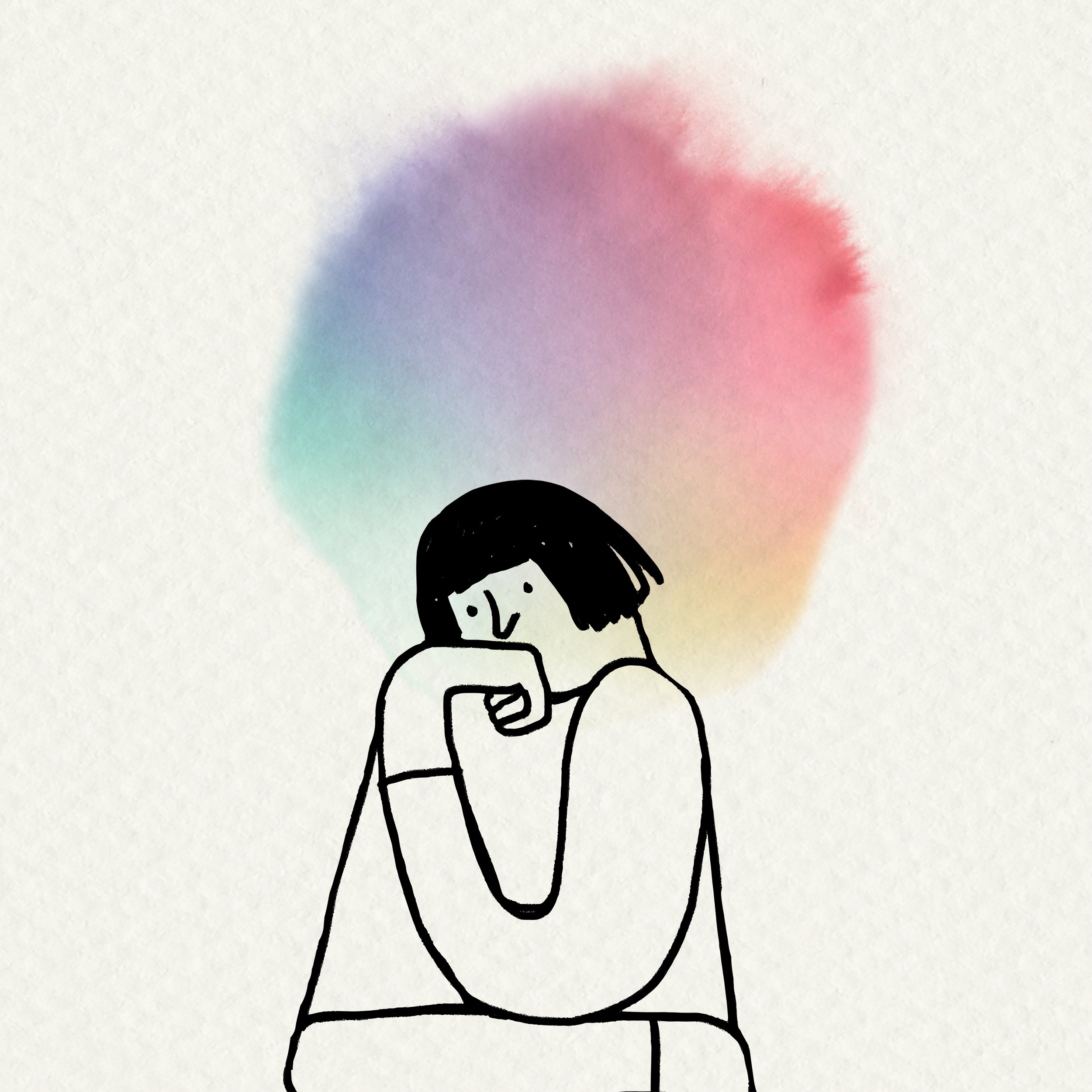Assumptions in DBT
In this article:
The goal of DBT is to help build skills to increase your effectiveness in managing difficult emotions and situations while also learning to identify behaviors that promote stability and health
ACCEPTANCE and CHANGE: Getting aligned with the reality of our difficulties allows us to start working towards meaningful changes
Taking a DBT stance includes working within many assumptions such as “You are doing the best you can”
Dialectical Behavior Therapy
DBT is a cognitive behavioral treatment that was originally developed to treat chronically suicidal individuals diagnosed with borderline personality disorder (BPD) and it is now recognized as the gold standard psychological treatment for this population. In addition, DBT has been shown to be an effective treatment for a number of issues including anxiety, depression, addiction, impulsivity and relationship problems.
DBT is different than many other forms of treatment because it emphasizes learning and implementing concrete skills, coping mechanisms, and tools to manage problems in your life. The goal of the treatment is to help build skills to increase your effectiveness in managing difficult emotions and situations while also learning to identify behaviors that promote stability and health.
DBT skills training can be useful for those who are experiencing emotional distress such as anxiety, depression, or anger, as well as those having difficulties in overcoming procrastination, emotional dysregulation, relationship conflict, or ineffectiveness at work.
What does "dialectical" mean?
The term "dialectical" means a synthesis or integration of opposites. The primary dialectic within DBT is between the seemingly opposite strategies of acceptance and change. This dialectic is foundation of the DBT framework. ACCEPTANCE and CHANGE are necessary to be able to make improvements in your life that you want to experience. It may seem contradictory, but you need accept the reality of your situation, as well as your role in it, if you want to create meaningfully changes in your life.
For example, before contacting a mental health provider to set up a therapy appointment, there is some level of acceptance that situations in your life have become difficult or unmanageable and to make improvements, professional support is needed to help you make the changes you are desiring.
All of the skills and strategies taught in DBT are balanced in terms of acceptance and change. For example, the four skills modules include two sets of acceptance-oriented skills (mindfulness and distress tolerance) and two sets of change-oriented skills (emotion regulation and interpersonal effectiveness).
DBT: Build a Life Worth Living
DBT is not designed specifically for adolescents. This is a clearly presented animated video to further explain what DBT is and how it can help.
Working Assumptions of DBT
Often referred to as “taking a DBT stance”, these assumptions were originally published in Linehan’s Cognitive Behavioral Therapy for Borderline Personality Disorder (1993). They are summarized below:
You are doing the best you can
This is taking a person-centered perspective. Aligning with a compassionate perspective and appreciation for the fact that everyone is doing the best they can in any given moment. Compassion can help soften the harsh criticisms and responses towards ourself and others.
One of the main goals of DBT is to take an honest look at your behaviors and coping mechanisms in comparison to outcomes. Not from a place of value judgment (good/bad), but instead with an emphasis on outcome. While sometimes you know that the ways we cope with the difficulties in life are not the healthiest, it might also be true that you are doing the best you can given the resources available.
You want to improve
The majority of people that will be involved in DBT-based treatment recognize that there are problems and they do want to change. Even if the initial desire for change comes from a desire to escape from or avoid negative consequences, most often individuals do acknowledge that something should change – even if it is not themselves. Ask this question to yourself: How am I making my life harder than it needs to be?
You can be working hard to make changes, AND still have many more changes to make
You can do better. Wanting to change is not enough. It’s possible that you have attempted to make changes to try to improve your situation, but you are still not feeling better or seeing the results you want. It is true that you can be both working hard to make changes in your life and still need to make more changes.
It can be true that you are working hard and still have more hard work to do. Despite the situation life has put you in or how others treat you, you are responsible for your behaviors and actions. A DBT framework works to encourage, build skills, maintain & increase motivation, and facilitate success.
You have not caused all of their problems in your life but you are the one that needs to find solutions
As so much of what happens in the world is out of our direct control. Life is not fair and many difficulties occur that are unavoidable. However, we are “response-able” and thus can choose how to respond in the multitude of situations that we face. While initially a seemingly harsh assertion, it really functions to empower you to find effective solutions to the problems in your life.
Your life, and the difficulties you experience, are unbearable as they currently are
You might bristle at the word unbearable and want to push back on it. If your current experience wasn’t unbearable, why would you find yourself reading through this article. Do you want to continue to experience the difficulties you have in managing your own emotions. Are your relationships in good standing? Are you achieving every milestone you had hoped to accomplish?
Getting aligned with the reality of our difficulties allows us to start working towards making meaningful changes. Taking an honest look at the parts of your life that are unbearable, will allow you to make a commitment to yourself. A DBT framework to therapy emphasizes honesty in service of change.
You cannot fail in treatment
Therapists who are educated in DBT typically are trained to not ask their clients to do anything that they would not do themselves. Accountability is necessary to make meaningful changes in your life, and your therapist or mental health treatment program should be held to a similar standard. If a therapeutic approach is not working, the onus is on you to communicate what is not working.
Avoidance is not an effective option. If a therapeutic approach or techniques are not working, you and your provider need to discuss and collaborate on what the problem is and how to find effective approaches.
Our office in Chicago has therapists on staff that provide DBT skills training individually and in groups. If you are interested to find a DBT therapist near you, use the search terms “DBT therapist near me” or use psychology today as a resource.
DISCLAIMER: All information included is for educational purposes only. It is not meant to be used for self-diagnosis or to instruct anyone on how to proceed with their mental healthcare. A mental health diagnosis can only be identified by a trained professional that facilitates a proper assessment. Please speak to your healthcare professionals prior to making any changes.




